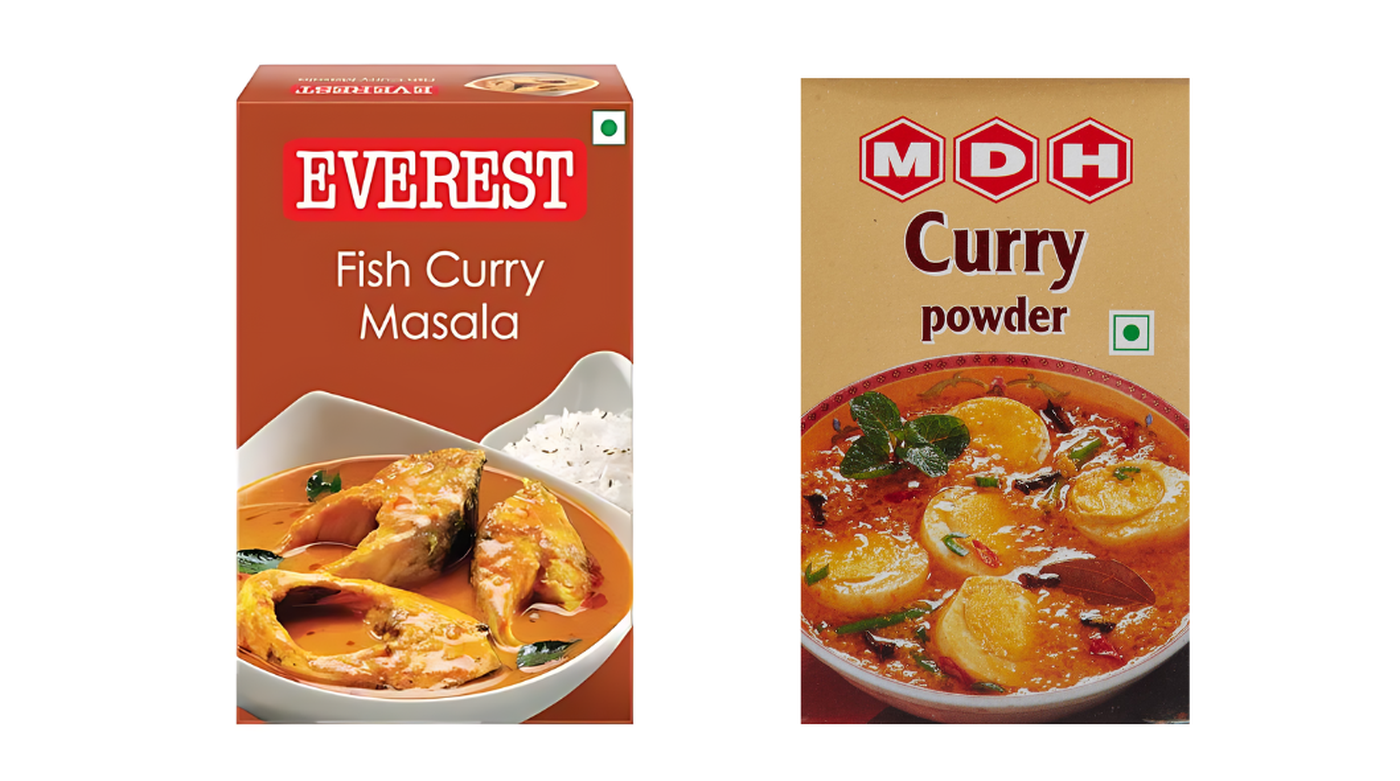Recently, Malaysia banned Everest’s Fish Curry Masala and MDH’s Curry Powder for allegedly containing Ethylene Oxide (EtO). Other countries, including Nepal, Hong Kong, and Singapore, have also banned these spices for the same reason. EtO is used to reduce microbial contamination, but its regulation varies globally.
FSSAI's Findings
The Food Safety and Standards Authority of India (FSSAI) tested samples from these brands and found no traces of EtO. Despite this, the bans in international markets concern Indian consumers, as Everest and MDH are popular household names.

source: canva
Brand Responses to Allegations
MDH denied the allegations following bans in Hong Kong and Singapore but has remained silent since. Everest has not issued any statement. Experts believe that proactive communication is crucial to manage such crises and regain consumer trust.
Learning from the Situation
Nisha Sampath from Bright Angles Consulting suggests that this situation is a learning opportunity for Indian brands navigating international markets. She emphasizes the importance of understanding and adhering to strict international food policies.
Addressing Consumer Concerns
Sridhar Ramanujam from Integrated brand-comm advises brands to address these issues transparently. Before making public statements, brands should ensure they comply with all regulations. Clear and timely communication can help manage the crisis effectively.
ADVERTISEMENT
Proactive Communication
Tarunjeet Rattan from Nucleus Public Relations stresses the need for proactive communication. Silence can harm a brand's reputation. Brands should proactively communicate the credibility of their products to maintain trust.
Effective Communication Strategies
Bhaskar Majumdar from Egis suggests that brands should immediately issue transparent statements addressing the bans and assuring consumers of their commitment to quality. He also recommends thorough investigations into supply chains to identify and address any sources of EtO contamination.
Learning from Past Incidents
Ramanujam recalls how Cadbury handled a similar crisis in 2003 when customers found worms in chocolates. Cadbury launched a PR campaign, improved packaging, and engaged a popular ambassador to restore consumer trust.
Rise of the Conscious Consumer
MDH and Everest have built iconic brands trusted by many. However, there is increasing scrutiny of FMCG brands in India. Consumers are becoming more conscious of what they consume, and brands must adapt to this changing landscape.
The Importance of Trust
Sampath highlights the rise of direct-to-consumer (D2C) brands like TheWholeTruth Foods, which build trust through direct communication. Rattan suggests that legacy brands need to modernize their communication strategies to connect with their audience effectively.
Indian Spice Market
ADVERTISEMENT
India’s spice exports totaled $4.25 billion in 2023-24, making up 12% of global spice exports. Maintaining quality and trust is crucial for sustaining and growing this market share.















